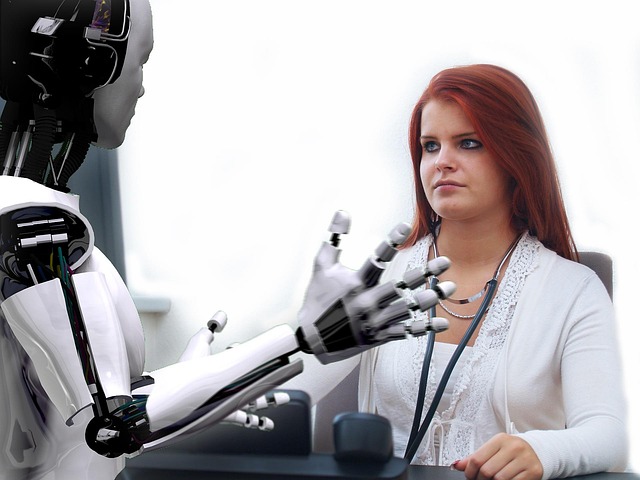The intersection of technology and healthcare has become a bustling frontier, where the possibilities seem limitless. Among these groundbreaking innovations, brain robotics stand out as a transformative force that is revolutionizing the way we approach health and well-being.
Technological Innovations in Brain Robotics
Brain robotics represents a fusion of neuroscience and artificial intelligence, aiming to bridge the gap between human cognition and machine capabilities. The advancements in this field have become especially pronounced with the rise of neuroprosthetics—devices that can mimic or restore brain functions. These innovations are not only enhancing individual capabilities but are also paving the way for smarter healthcare solutions.
For example, consider the recent development of brain-computer interfaces (BCIs). These devices allow users to control machines directly with their thoughts, providing immense possibilities for those with mobility impairments. Imagine a stroke survivor who, after training with a BCI, can regain control of their limbs simply by thinking of movement. This technology is not just a marvel; it is a lifeline.
Health Innovations Driven by Brain Robotics
Moreover, the implications of brain robotics extend far beyond rehabilitation. These technologies have made significant strides in mental health as well. Researchers are exploring the potential of neural stimulation through robotics to treat conditions like depression and anxiety. The prospect of using targeted brain interventions to alleviate psychological distress opens up a new realm of treatment methodologies that were once the stuff of science fiction.
Also notable is the development of robotic health assistants that leverage AI and brain robotics to offer personalized healthcare. These assistants can analyze patient data to provide tailored recommendations, monitor medication adherence, and even support mental wellness practices. This level of personalization enhances patient outcomes and fosters a proactive rather than reactive approach to health management.
The Human Element
The journey of integrating brain robotics into healthcare is not without its challenges. As with any technological advancement, the ethical implications and the human experience must remain at the forefront. The goal is not just to create machines that assist but to enhance the overall quality of life for individuals. It is essential to approach these innovations with empathy and an understanding of the profound impact they can have on human lives.
As we explore the vast potentials of this field, one thing becomes clear: the future of healthcare is intertwined with brain robotics. The innovations emerging from this nexus will not only enhance our understanding of the brain but will also open new doors to improved health outcomes for communities worldwide.




